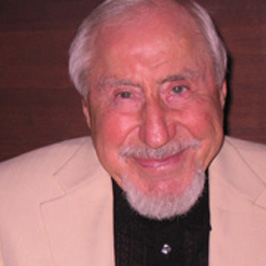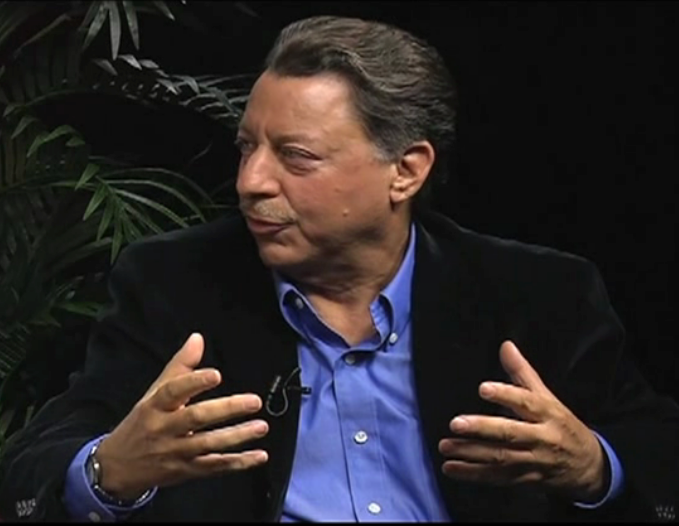On Death and Dying: My Personal Story
Something that people don’t want to deal with is confronting the fact that their parents are going to eventually die. In our culture we don’t encourage people to talk about death because we honor youth and vitality, not old age. Consequently, many people have never had a discussion with their parents about what happens when they are in place where their health fails, where they are not going to continue to live. Because we don’t think about or talk about what people’s wishes are, we are ill prepared to honor those needs and desires at end of our lives. The first time that I had that conversation with my parents was when we started to talk about the importance of having a health care directive. They were already in their 80’s but we had never discussed what they wanted. It was very clear from my discussion with my Dad upon filling out his healthcare directive paperwork, what his wishes were.  One thing that he made very clear to me was that upon getting ill, if he found himself in the hospital, he wanted to make sure that there were no forms of artificial means used to sustain his life if he was going to die anyway. He wanted to be allowed to just die naturally. Here’s the tricky part, in a health care directive you are required to identify a person to act as your agent on your behalf if you are unable to communicate about your wishes. A person can identify someone or number of people to serve as their agents. In my case, my father decided to identify both my older sister and myself as the agents to fulfill his wishes and desires if he was unable to do so.
   When my father shared with me that he had elected to identify both my sister and myself to serve as his agents, this initiated a whole different conversation between us. I asked him to please explain why he had decided to have both my sister and myself to be his agents on the health care directive. My Dad explained, true to his nature, that he thought this was the fairest way to deal with the responsibility and burden. My response to him questioned his decision in appointing two individuals who had never been able to make decisions without conflict. My mother was not a part of this conversation. I then said to my Dad that I thought that it was crucial that instead of doing what he thought was fair, he should evaluate which of his children would be able to execute his wishes without allowing their own emotions to get in the way. I pointed out to my father that he ought to reconsider his decision. I told him that I wasn’t willing to have my name equally involved with making decisions with my sister because that would cause conflict and would reduce my ability to act as his agent. I asked him to respectfully withdraw my name on the health care directive as his agent. This same issue was the case for both my parents. After my father thought about it he came back to me a couple of days later. He had decided it was in his best interest to just have me be on his directive and that’s how the situation was resolved.
   Two years later, my father was diagnosed with late stage pancreatic cancer and was hospitalized. They attempted to do immediate surgery but the cancer was inoperable. While in the hospital his condition worsened, and a decision was required regarding honoring his desires to not have his life maintained artificially. I was required to pick the date and the time when his life would be stopped. What are the life lessons involved in this situation? I would say one is the importance of having that conversation ahead of time, before your parent becomes ill. The other take away is to encourage your parent to choose the right agent for the job. The third lesson is to not be afraid to talk to your parents about dying because it is natural and part of our life process. Make sure your parents have a current will and make sure you have a copy of a will. Yes it’s cheap and convenient to create online but you’re far better off getting an attorney to write your will if you are able. Also very critical is the documents that make up the advanced health care directive. This consists of several items and in most states the forms are readily available and free.  Usually, these consist of a POLST or Physician’s Orders for Life Sustaining Treatment, a general power of attorney, and a health care directive that specifies wishes regarding health related scenarios.
If you are having family conflicts or struggles in caring for your aging loved ones, please give Dr. Davis a call. His personal experience in dealing with these issues helps to give him a unique and valuable perspective on the subject matter. He is recognized aging expert and gerontologist. His patient, kind and knowledgeable manner will immediately set you at ease.


